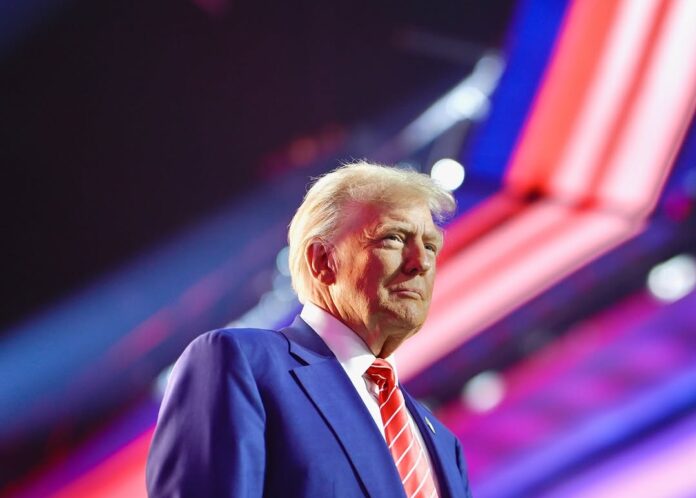In a significant move following his inauguration, President Donald Trump has issued pardons to nearly 1,600 individuals involved in the January 6, 2021, Capitol riots. This large-scale pardon is the latest in a series of executive actions signed by Trump, marking his return to office after a tumultuous transition period.
The pardons come as a response to the storming of the U.S. Capitol by supporters of then-President Trump, an event that led to widespread arrests and convictions. The President’s executive order, which was signed shortly after his swearing-in, has already led to the release of several prisoners, including two brothers, Andrew and Matthew Valentin, who were detained for their involvement in the riot. The two were seen leaving a Washington D.C. detention center following the signing of the executive order.
Trump’s decision to pardon the rioters has sparked intense political debate. Senate Democratic leader Chuck Schumer has condemned the move, calling the actions of the rioters “serious crimes” and stating that the pardons undermine the rule of law. Critics argue that pardoning individuals involved in an attempt to overthrow the government sends the wrong message. However, Trump’s supporters have framed the rioters as “hostages,” alleging that they were treated unfairly by the justice system.
Trump, in his inaugural address, presented the pardons as part of his broader vision of unifying the country and ushering in a “golden age” of American greatness. His administration’s stance on the pardons aligns with his broader narrative of challenging the status quo and restoring what he perceives as the values of America.



























